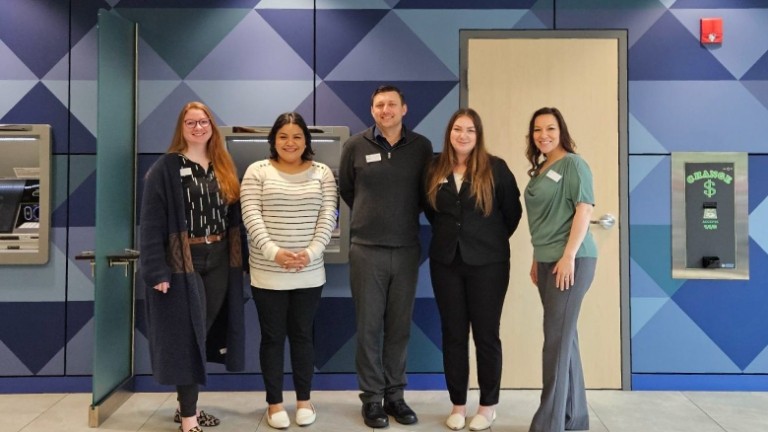New year’s resolution: fight homelessness

When thousands of Eugene residents lost power in the ice storm last week, they got a taste of what it was like to be without electricity or hot water during the coldest time of the year.
For thousands of our neighbors who don’t have homes, it’s a nightly reality of living on the streets.
“It’s been pretty miserable out there,” said Don Gulbrandsen, development director for ShelterCare, a local nonprofit dedicated to fighting homelessness. “This is a more forgiving climate than where I’m from, but nonetheless it can be dangerous. It’s freezing at night and miserably cold. It’s a tough climate to live in outside.”
On any given night, anywhere from 1,500 to 3,500 people in the Eugene area have no home to go to. Many others face the looming threat of being on the streets soon.
Since the 1970s, ShelterCare has worked to help homeless families find permanent homes. The nonprofit organization serves more than 1,350 individuals a year through homelessness prevention initiatives as well as programs for people living with mental illness or recovering from brain injuries. ShelterCare’s Uhlhorn Program is one of just two in Oregon offering apartments and support services for survivors of acquired brain injuries.
Homelessness prevention is particularly important. By spending just $1,000 to help a family stay in their home, ShelterCare saves the community more than $5,000 in sheltering and rehousing expenses, Gulbrandsen said. That’s not even counting the hidden costs that are difficult to estimate.
“It’s hard to assess how much it traumatizes a child if they end up being homeless,” he said. “Keeping a family housed is so much better than allowing them to experience homelessness—living in cars, going through shelters. Just the trauma of that can be very damaging and costly.”
To bring hope during the freezing winter nights, the organization helped businesses and community members sponsor 30 families for the holidays this year. Donors provided basic necessities and holiday gifts to families struggling to re-establish themselves. Employees at OCCU pooled their resources this year to help sponsor 18 families and 12 individuals, dropping off a pile of gifts just days before Christmas.
“A counselor took the gifts out to a family, and there were tears. There were tears and thanks,” Gulbrandsen said. “I think there’s this message that comes with a gift from a sponsorship: ‘Hey, there are people who care about you and want you to succeed. We think you’re a good person, and we want you to do well.’ ”
How You Can Help
Although the holidays are almost over, there’s still plenty you can do throughout the year to support ShelterCare’s efforts:
Donate a little cash. ShelterCare funds only part of its costs through grants and contracts. The rest comes from community donations. As you make decisions about where to give charitable contributions this year, keep ShelterCare in mind. All donations stay in the community to help local people find shelter. Learn more about donating.
Drop off some supplies. When families and individuals are re-homed, they often can’t afford all of the items needed to run a household. Basics like toilet paper, paper towels, buckets, sponges and cleaners are always in demand, as well as small furniture and kitchenware. The organization also distributes about 75 hygiene kits a month—containing clean socks, soap, shampoo, first-aid kits and snacks—to homeless members of the community. Find out what’s needed.
Lend a hand. ShelterCare relies on volunteers throughout the year to help make its programs successful. Right now the organization is looking for volunteers to adopt some of the garden boxes located throughout its facilities. Helping residents garden gives them the means to grow their own food while acting like “social glue for the community,” Gulbrandsen says. Other volunteer opportunities include:
- Serving as a companion or mentor for an adult with a brain injury or psychiatric disability.
- Providing transportation to social outings or appointments.
- Working with staff to provide skills training, case management and other types of support.
- Providing administrative support for staff.
It’s a terrible time of year to be homeless. Will you join us in doing what we can to give some of our neighbors a fresh start under a new roof?


